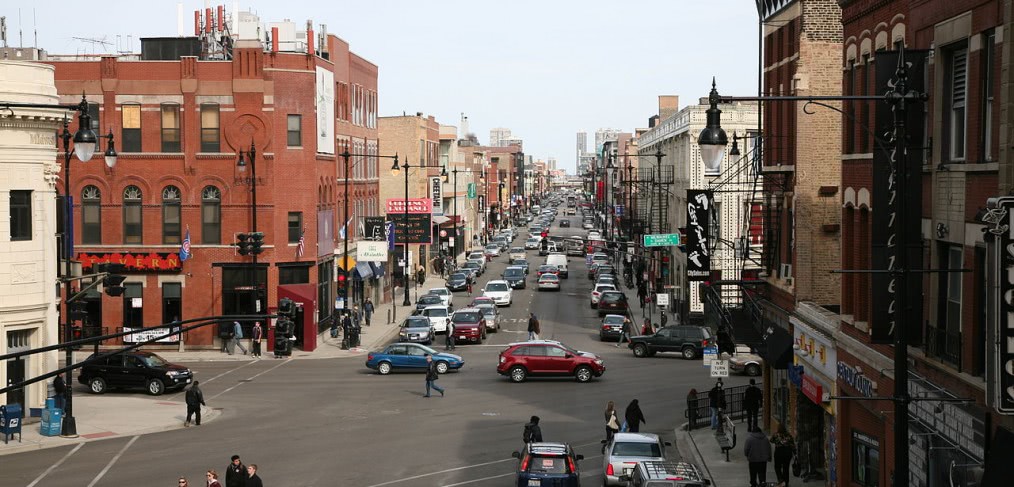
Why Do I have a Car?
It’s not a rhetorical question. I live in a building that is rated with walkscore of 98, a transit score of 100. It’s a block away from the office, so even if I wanted to, it would take me longer to get the car out of the building, drive to the office, and park it in the basement of our office building than to walk. Chicago’s transit system, though antiquated and in need of repair, covers every four blocks of the entire metro area, and our taxis are plentiful (fyi, thanks to Mayor Emmanuel, we now have 2500 hybrid vehicle taxis on our streets.) There are tons of Zipcars, tons of I-Go’s. There is absolutely no reason for me to drive anywhere in the city. I go weeks without driving. So why am I paying for a lease, insurance, gas, maintenance, and those extremely annoying City of Chicago license plate stickers at $95 a pop?
It has become evident that as urban populations increase, driving your own car becomes less and less convenient. Less and less desirable. And, if you’ve ever tried to traverse the north side of Chicago on a Saturday afternoon, impossibly frustrating. For urbanites, cars are like a vestigial tailbone. Served a purpose once, but that was a long time ago, and that time is never coming back. The reason that I still have a car is the same reason we indulge in a lot of unnecessarily wasteful energy use: we’re lazy. The small amount of effort needed to register for a Zipcar is the same small effort that it takes to orient a building away from a brutal western exposure, to install dimmers, to shade south facing glazing. Decades of cheap energy have led to unsustainable behaviors that we recognize as wasteful now, but are being emulated by emerging nations and cultures across the globe. Awareness is all it takes. Small behavioral changes by large numbers of people can create cultural shifts, and the awareness of the futility of owning a car in a metropolitan area is gradually taking hold. Twenty-minute neighborhoods, Walkscores, Zipcars, and I-Go’s are terms that didn’t exist 15 years ago, but there are a lot of good reasons they exist now, and mayors, planners, and developers are quick to embrace their legitimacy and marketability. Anybody want to buy a parking space? Images via Daniel Schwen & iGo Car Sharing


I can relate to this frustration! Recently my building increased parking spots by $125!! I walk to work and drive my car less than 4 times a month. I don’t see the value of owning a vehicle anymore. It’s a money eating machine! Glad to see solutions on the rise!